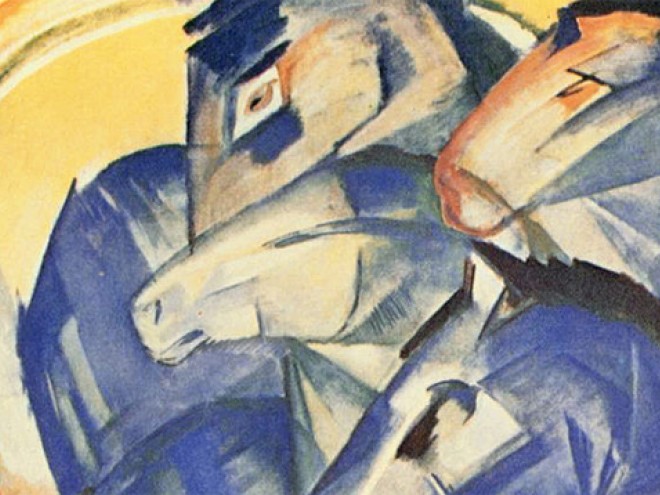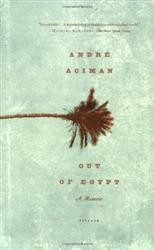English readers finally have an opportunity to discover for themselves just why award-winning novelist and playwright Yitzhak Gormezano Goren’s Alexandrian Summer received such strong critical acclaim when it was first published in Israel in 1978. For anyone who has ever wondered why Alexandria arouses such fierce nostalgia among the tens of thousands who emigrated in the years following Israel’s establishment, this short yet expansive novel offers an indelible answer. While its richly descriptive language is often as appealingly breezy and insouciant as the seaside promenades where much of its action takes place, the novel ultimately takes us deep into the sorrows and passions, past and present, of two Jewish families just prior to the military coup that toppled King Farouk in 1952.
The story is anchored by the viewpoint of Robby, the youngest son of the family that hosts the vacationing Hamdi-Ali family. Goren is adept in depicting all of his strongly-sketched characters’ inner lives and excels in capturing young loves, erotic attractions, and tragic entanglements in this hedonistic and sensual world. But the most powerful of the entrancing subplots concerns that of the Alexandrian mania for the racetrack and Goren makes us feel that excitement but also the overheated excitement of the crowd, its fickle propensity for turning into a dangerous mob. Though decidedly resistant to sentimental nostalgia, Goren provides many moments so palpably appealing (he can make us smell the rich interiors of home as nimbly as he does the salty air wafting from the sea at the promenade) that readers will often feel thoroughly seduced by his birthplace’s vanished charms
Compact as it is, Alexandrian Summer goes far in delivering that “multi-everything” to us in unforgettable language that lingers long after the final page. Throughout this riveting family drama, Goren often pauses to capture Alexandria’s singular ambiance: though decidedly resistant to sentimental nostalgia, Goren provides many moments so palpably appealing that readers will often feel thoroughly seduced by its vanished charms: “A pleasant breeze blew from the sea. The tumult of bathers sounded from afar: Muslims, Christians and Jews desecrating the Sabbath. On the street, cars honked hysterically. The entire city rumbled and roared; nevertheless a Sabbath serenity was felt all around.” Only the most hardened reader would not wish to linger in this place, would not ache over its tragic and abrupt ending, no matter how inevitable it might seem from the perspective of today’s endless violence.
Ranen Omer-Sherman is the JHFE Endowed Chair in Judaic Studies at the University of Louisville, author of several books and editor of Amos Oz: The Legacy of a Writer in Israel and Beyond.




